Today, there are a lot of important updates from Ukraine.
Here, as Ukraine ramps up its long-range strike capabilities, a breakthrough is taking shape, with German funding powering Ukraine’s first hypersonic missile launch. Backed by a five-billion-euro defense package, Ukraine’s Hrim-2 hypersonic missile is now entering serial production, marking a bold new chapter in Ukraine’s ability to hit deep behind Russian lines.

Ukraine has officially announced the development of its own domestically produced ballistic missile, the HRIM-2. After over a decade of delayed progress due to funding issues, the missile system is now entering serial production, accelerated by international military and financial support since the start of the full-scale war.
Notably, Germany has provided a new five-billion-euro defense package, which includes significant investments in the domestic production of Ukrainian long-range weapon systems, including the development and production of the new ballistic missile. This aid enabled the Ukrainians not only to develop the missile but also to initiate serial production of the Hrim-2 immediately after its development.

Notably, the Ukrainian Ministry of Defense also announced that they had already conducted a successful field test of the missile. Ukrainians shared footage of this strike, adding that it was used to destroy a Russian command post on the east bank of the Dnipro River delta.


This means that the Hrim-2 system is combat-tested and fully operational, opening the possibility of an increased number of similar precision strikes against Russian military targets deep behind the frontline.

The Hrim-2 is launched from a specialized ground vehicle that fires it into the air using a solid propellant rocket engine, before following a set ballistic trajectory towards a stationary target. The Hrim-2 has an operational range of 300 kilometers and can reach speeds of up to Mach 5.2, or nearly 1.8 kilometers per second, making it a hypersonic missile. The 400-kilogram warhead allows for the destruction of hardened bunkers, logistics hubs, airbases, and ammunition depots, especially because these are stationary targets that are easy to trace.

The capability of Hrim-2 to carry a heavy warhead for strikes within a 300-kilometer range marks a major leap forward for the Ukrainian precision strike capabilities, as the warhead is twice as big as that of Atacms, which Ukrainians were previously dependent on for similar precision strikes.

Interestingly, these capabilities bring it comparably close to the Russian Iskander ballistic missiles, which have a similar payload of around 400 kilograms, while the Ukrainian Hrim-2 might soon catch up with or even exceed the Russians’ range of 400 kilometers as development continues.

The fact that it is launched from a mobile transport vehicle gives Ukrainians the ability to quickly move to a firing position, fire the missile hundreds of kilometers away from the frontline, and pull back before the Russians can strike back.

Its immense speed of 1.8 kilometers per second is nearly twice as fast as the Atacms, and allows it to strike at its maximum range in under 3 minutes. Furthermore, while Russian air defenses like the S-300 and S-400 are able to intercept targets at this speed on paper, as a missile enters the hypersonic range, a successful interception becomes increasingly unlikely.


The fact that the Hrim-2 ballistic missile is a completely domestic product of the Ukrainian military industry, without a reliance on foreign components, makes it possible to quickly produce and fire in large numbers, costing 3 million US dollars, or 2.6 million euros, a piece.

The 5 billion euro defense package also secured this funding for Ukraine’s long-range strike drones, FPV drones, and drone interceptors.

Notably this will also allow Ukraine to massively increase the production of the Liyuti long-range strike drones with a range of 2 thousand kilometers, Bars missile-drones with a range of 800 kilometers, and Flamingo high-speed drone-interceptors, which are an extremely cost-effective way to intercept the hundreds of Shaheds that Russia launches toward Ukraine each day.

Overall, the Ukrainians are rapidly developing their precision deep-strike capabilities, enabled by massive German funding. Additional funding into the Ukrainian military industry will likely continue, as Germany and the rest of NATO witness the potential and effectiveness of Ukrainian long-range precision strikes.

All the while, Ukraine has a massive new weapon ready, with the first missiles already rolling of the production line.



.jpg)
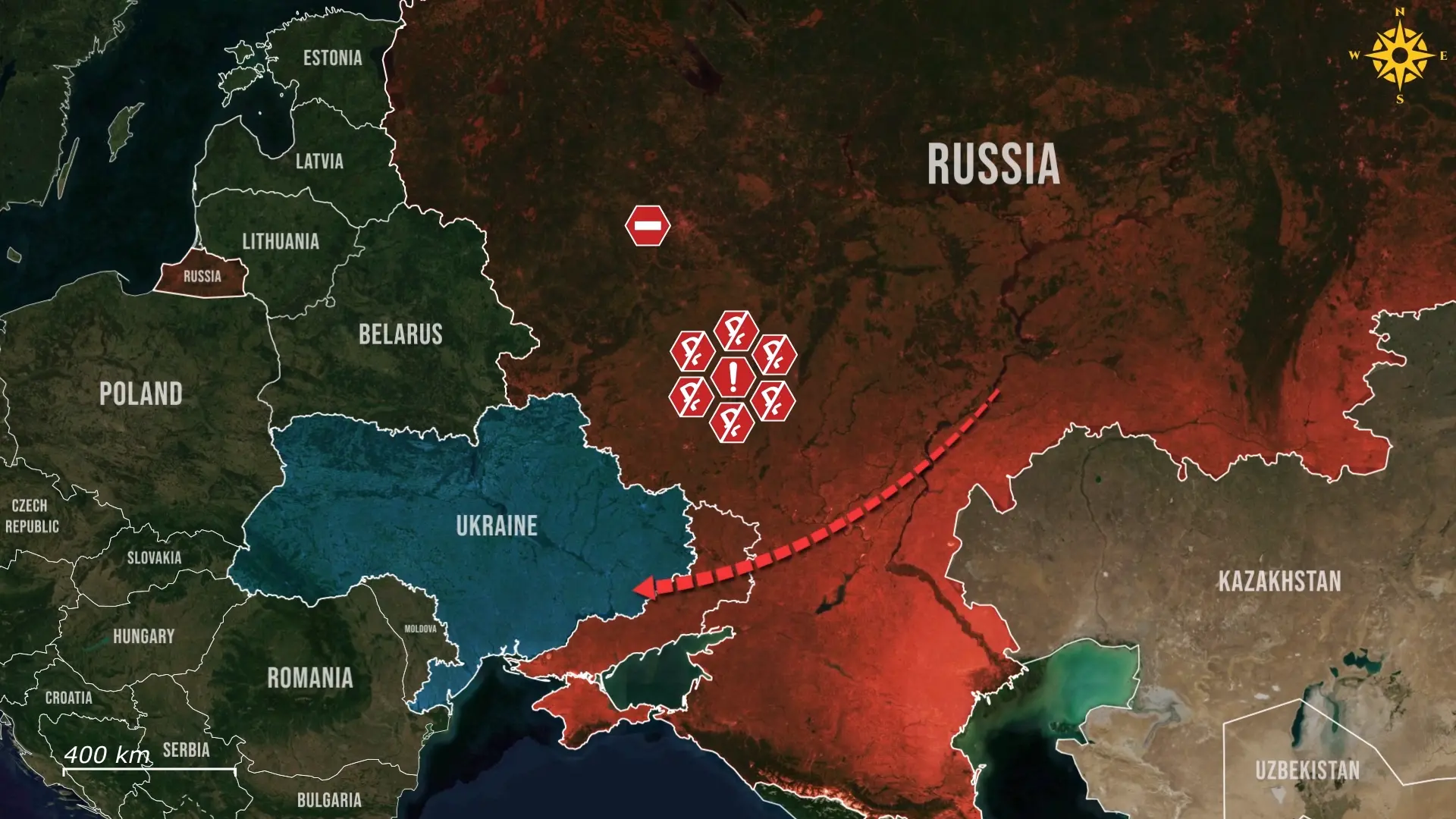


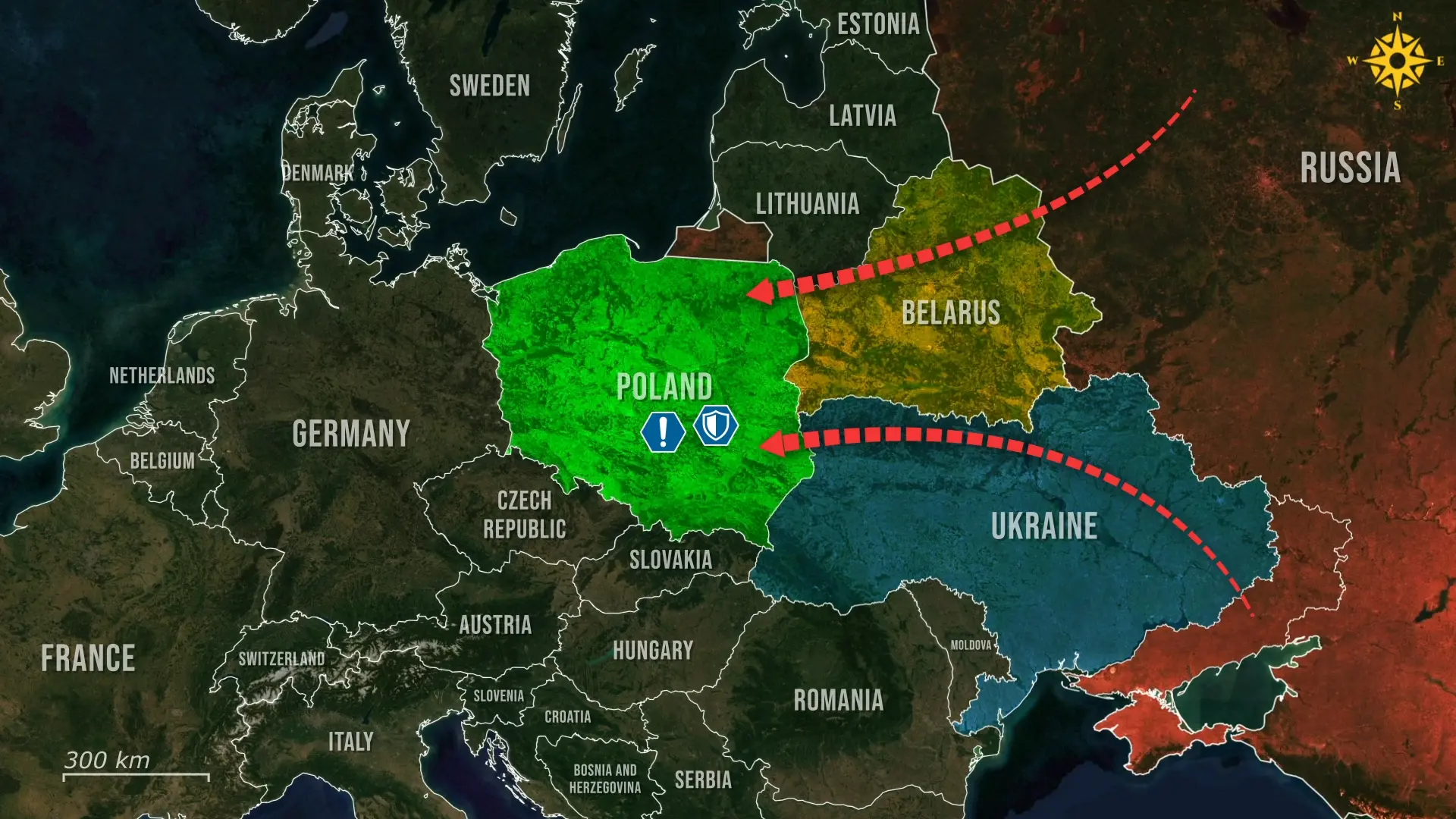
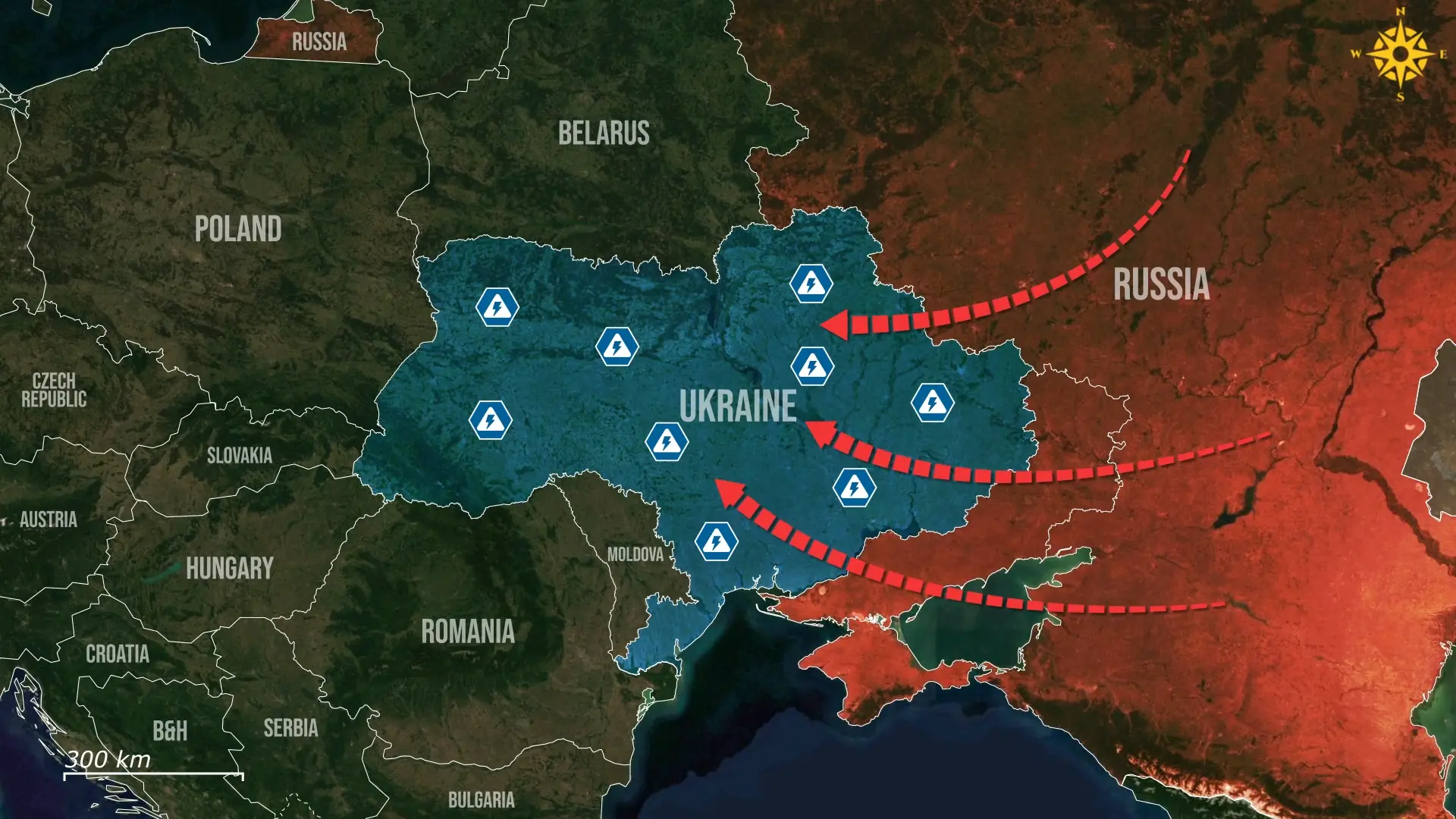

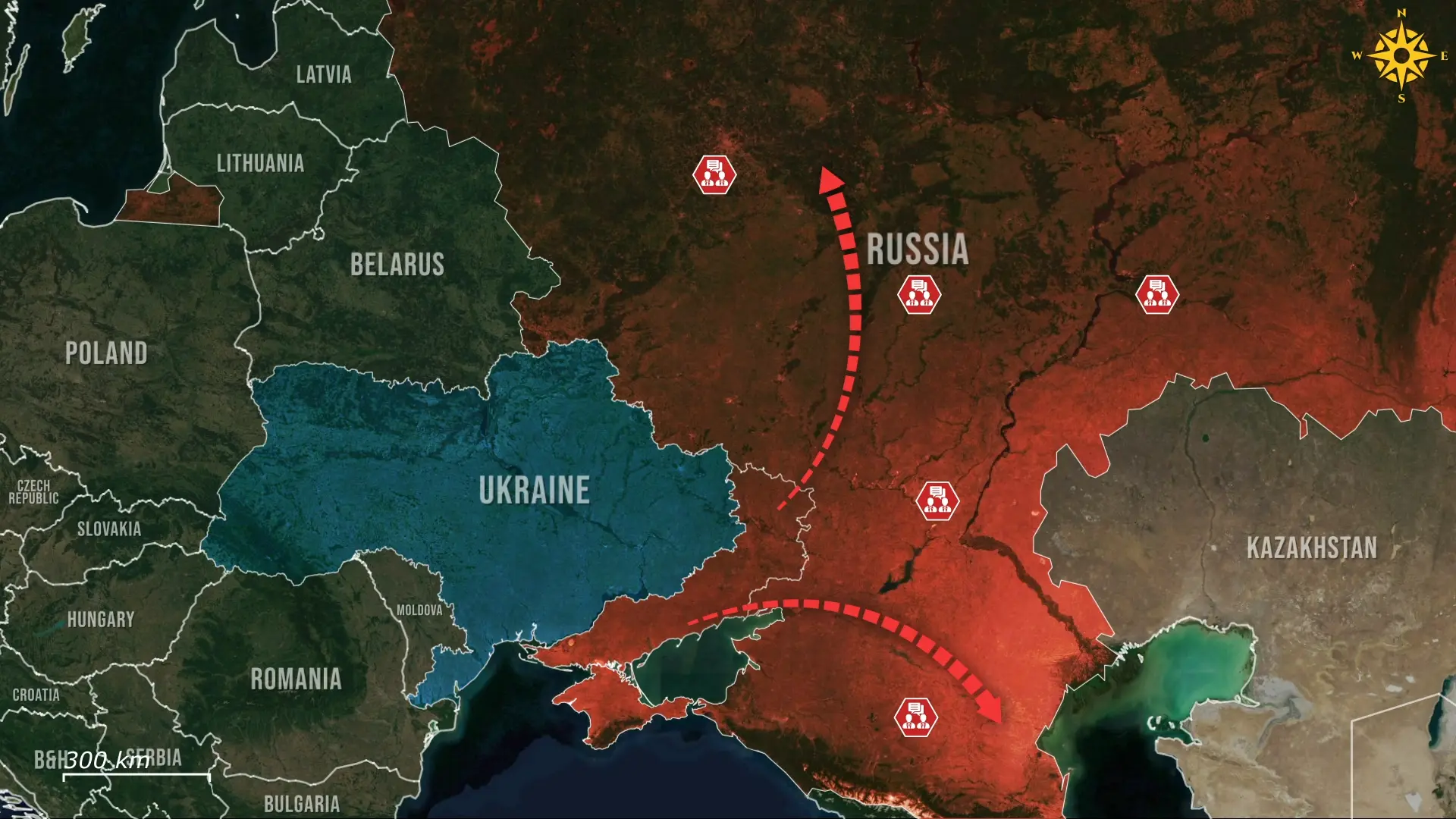
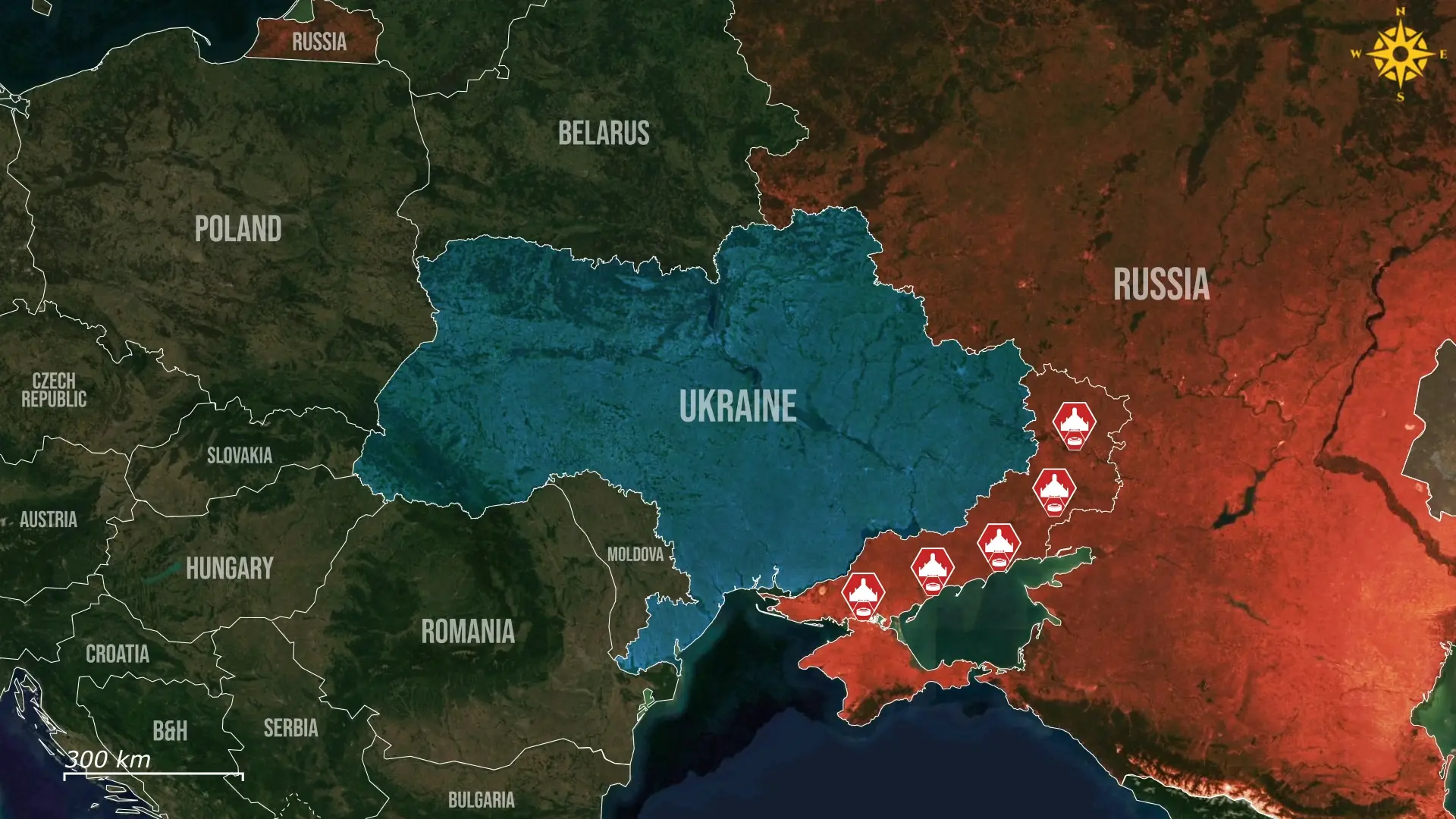
Comments